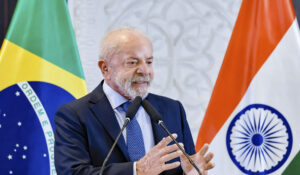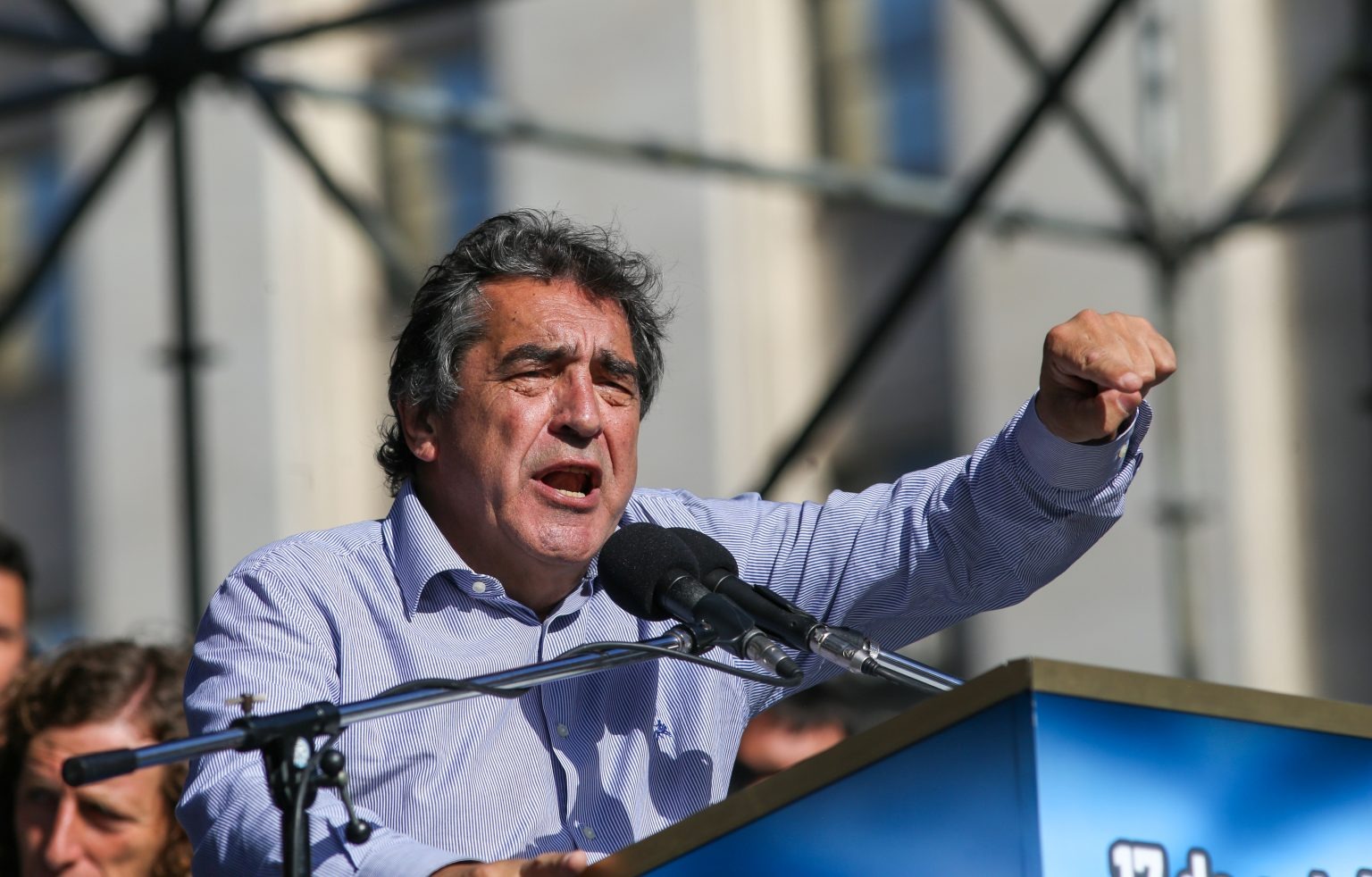
Published 15/04/2025 16:31 | Edited 15/04/2025 17:14
In 36 hours of mobilization, Argentina stopped. Ports, banks, public offices, trains and planes silenced while thousands of people took the streets against the Javier Milei government’s economic policy. In the midst of the social crisis and the deterioration of labor rights, the general strike also symbolized the rejection of a government that, in the evaluation of union leaders, represents a neocolonial and neo -fascist project ongoing in the country.
The stoppage, convened by the three largest union centrals in the country – CGT, the CTA of Los Workers and the autonomous CTA – was described as a “resounding success” by the organizers. More than an isolated event, the protest was the latest chapter of a climb of resistance that has been drawing on the streets since the end of 2023.
This is what Hugo “dog” Godoy, secretary general of CTA autonoma, who talked to the Red portal on the reach of the strike and the historical moment lived by the Argentine trade union movement.
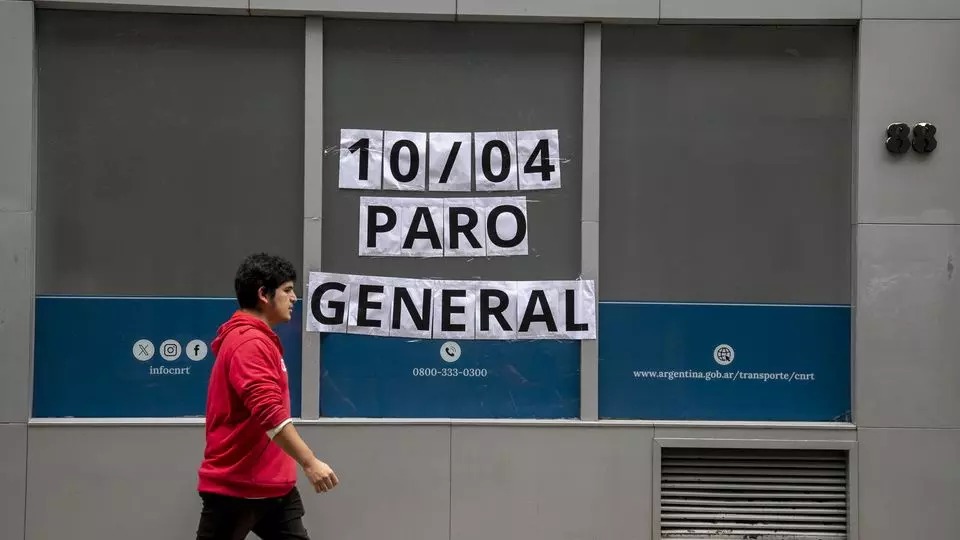
For him, the stoppage expresses not only the strength of organized categories, but also the beginning of deep – social, political and cultural reorganization – in the face of the advancement of an authoritarian and neoliberal project that threatens to corrode democracy from within.
“It was the third national strike in just 15 months of Milei government, summoned by the three centrals. But it is also continuity of mobilizations that intensify since the end of last year,” he said.
Among the previous acts, Godoy mentioned the December march against the adjustment package, the feminist mobilization of 8 March and the protest in support of retirees on March 12, repressed with violence by the government.
“That day, even club fans added to protests. The repression injured a photojournalist with a gas grenade. Even so, thousands still mobilized until 2 am,” he said.
For the leader, the April General Strike is part of a permanent state of mobilization that expresses the popular rejection of a government that, according to him, “has already shown its disability.”
The destruction of work and the new informal Argentina
Godoy denounced the accelerated precariousness of the world of work in Argentina under Milei, based on official data: about 400,000 formal jobs lost in a year and a half, 230,000 precarious posts created and 20,000 small closed companies.
“The only thing that grows is the APROPROPHISM. Informality already covers between 55% and 60% of the economically active population, ”he said.
APROPROPHISM It is the term used in Argentina to describe work on its own, usually without formal employment bonds, guaranteed rights or social security coverage. Although it represents an alternative of survival in the face of the crisis, this type of occupation reinforces the vulnerability of workers and makes their collective organization difficult.
This picture, according to him, limits the full adhesion capacity to protests and strikes, but also reinforces the need for new forms of union organization.
“The worker who sells food on the street, who is a day laborer or autonomous, cannot afford to stop. But this cannot be an argument to invisible his class condition,” he explains.
Godoy explained that CTA-A has been creating mechanisms to integrate these sectors. “Direct affiliation, organization in the territory, recognition of class identity even outside formal employment. All of this is strategic to rebuild the social fabric shot down by the capitalism of disposal.”
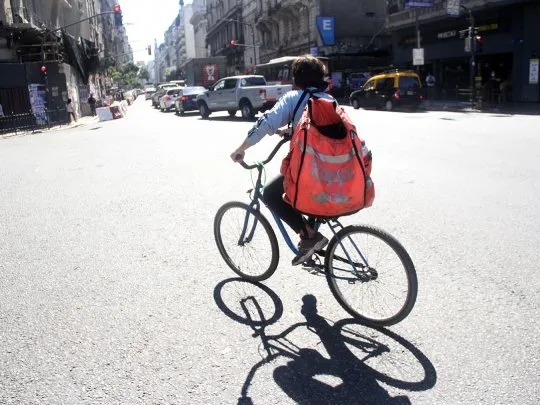
Class identity as a trench against neo -fascism
More than an economic crisis, the advancement of neoliberal policies under Milei represents, according to Godoy, a cultural offensive against his own notion of collectivity. The destruction of formal work and the weakening of unions not only affect income or living conditions – they corrode the ability to organization and resistance of the working class.
“Preaching is not only to destroy rights. It is also to disarm class consciousness, to dissolve collective ties, naturalize individualism. This makes room for neo -fascism,” said Godoy.
He set a parallel between the historical experiences of union disorganization and the emergence of authoritarian leaders. “When identification is broken with a social collective, ‘save who can.’ It was like that with Bolsonaro in Brazil, Bukele in El Salvador and now with Milei,” he says.
For the leader, resistance cannot be limited to the defense of former trade union models. “We have to compete culturally, rebuild collective sense, return to the working class a protagonic place in the social debate,” proposes Godoy.
FMI, Trump and the Neocolonial Project
Godoy also harshly criticized Javier Milei’s new agreement with the International Monetary Fund. For him, negotiation not only imposes draconian fiscal goals, but represents a renunciation of economic sovereignty and a brake on Argentina’s autonomous development.
“The IMF does not only impose fiscal goals. It wages autonomous development, deepens dependence and prevents regional integration,” he protested. According to the leader, external indebtedness assumed, under the Milei government, a function that goes beyond the economy: it becomes part of a geopolitical strategy coordinated with Washington.
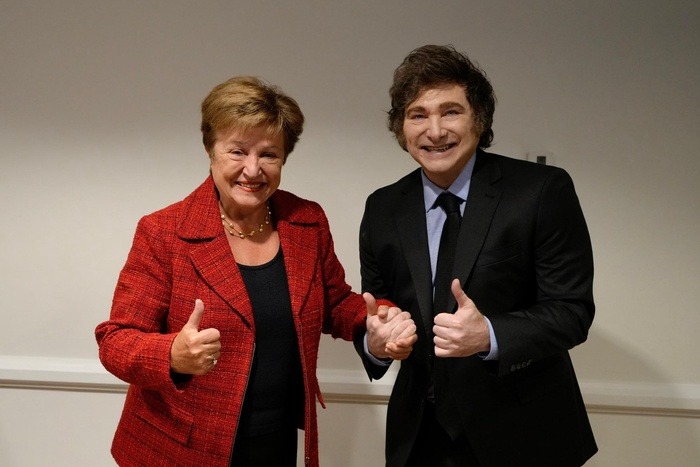
“The Trump administration’s endorsement is part of this. Debt acts as a brake on sovereignty as an instrument to prevent articulation between the peoples of Latin America,” he said.
He also warned that this indebtedness compromises the future of the country: “We are accepting an old mechanism that imposes conditioning on economic policy. It is a model that is no longer led by the government, but directly by the fund, and that serves to straighten whole generations.”
Godoy denounced the speculative character of the current economic model, guided by financial interests and not by production or social justice. “What grows in Argentina is not productive development, but speculation. Economic policy is being conducted by the IMF, and its focus is to meet financial capital,” he said.
The result, he said, is already evident in the impoverishment of families. “Consumption has been falling for 15 months. The last month of discharge was December 2023. Since then, it’s just impoverishment,” he said. For the leader, the agreement with the IMF is accelerating Argentina’s social and economic deterioration – and making room for an even deeper crisis.
“This is a neocolonial and neo -fascist government. That’s why it needs to be defeated before it completely destroying democracy,” he said.
Conflict with UTA exposes difficulties in mobilization
Despite the strength of the movement, Godoy recognized the difficulties imposed by the fragmentation of the world of work and the absence of strategic sectors. The main tension was with the direction of UTA (Union of Automotive Transport Workers), a union that represents urban bus drivers, and the UCRA (Union of Drivers of the Argentine Republic), both responsible for public transport, which did not formally join the national stoppage.
“It is true that UTA and UCRA did not officially call the strike. But many bodies of delegates participated. The lines worked with emergency schemes, less buses and more waiting time. This shows that, even without full membership, the strike had an impact on transport,” he said.
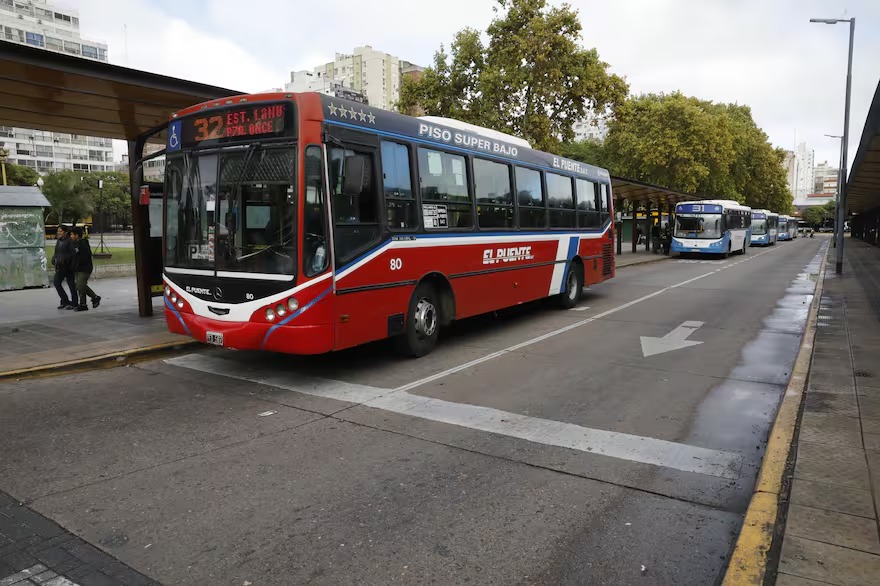
Godoy pondered that this kind of dissent did not delete the success of the stoppage. On the contrary: for him, the base engagement even without the endorsement of directions reveals the capillarity of mobilization. “The traffic was empty. A route that would take an hour and a half was done in 40 minutes. This does not happen on a normal day,” he said.
A large front from below
Finally, Hugo Godoy argued that resistance to the far right should go beyond the unions. “We need new forms of articulation that convene not only workers, but also small and medium entrepreneurs, feminist movements, human rights organizations, youth and culture,” he said.
The strategy, he said, is to defeat Milei before democracy is totally restricted. “This government cannot continue to legislating by decree. It’s time to open a new time of hope for the Argentine people.”
Source: vermelho.org.br
